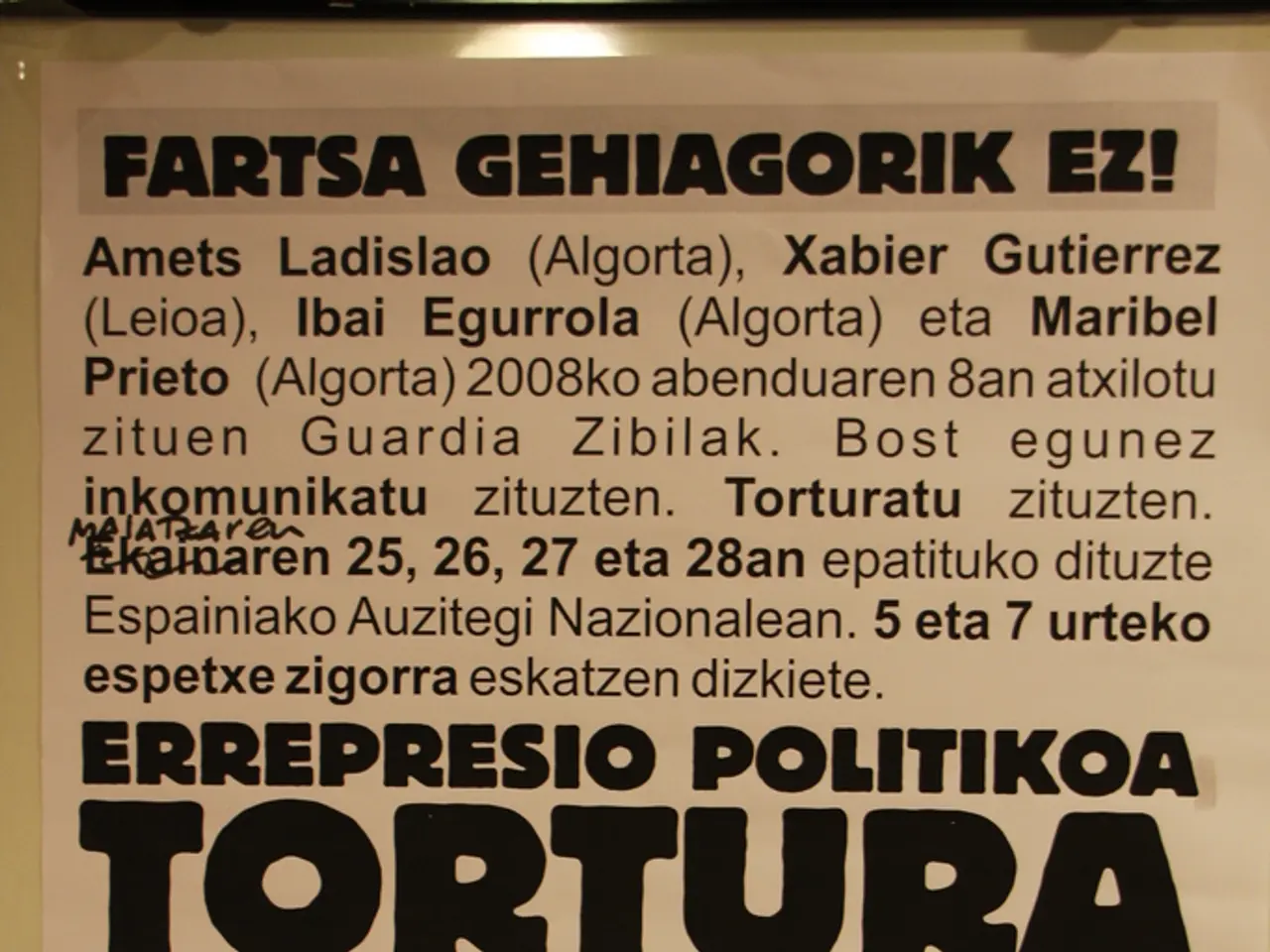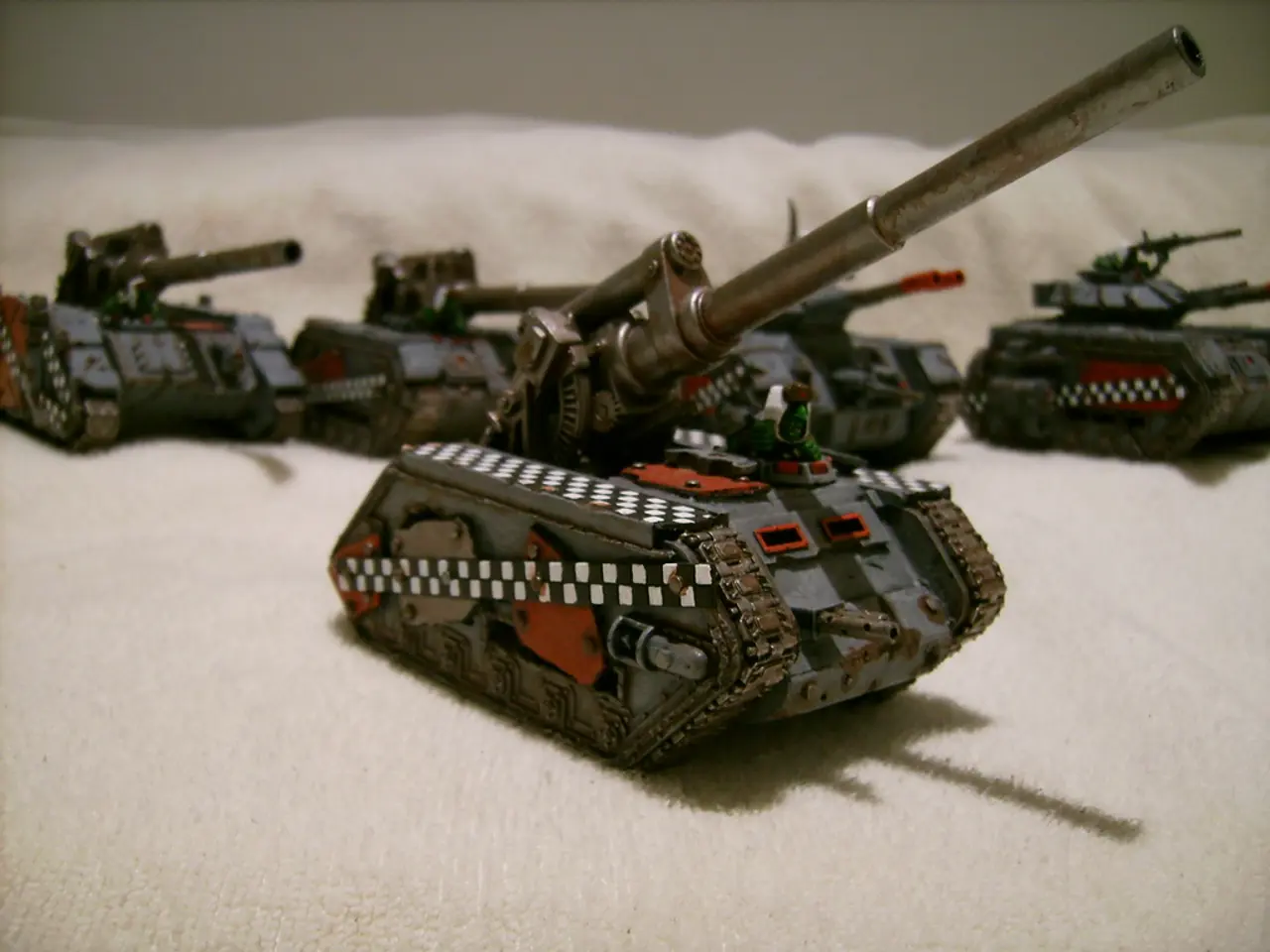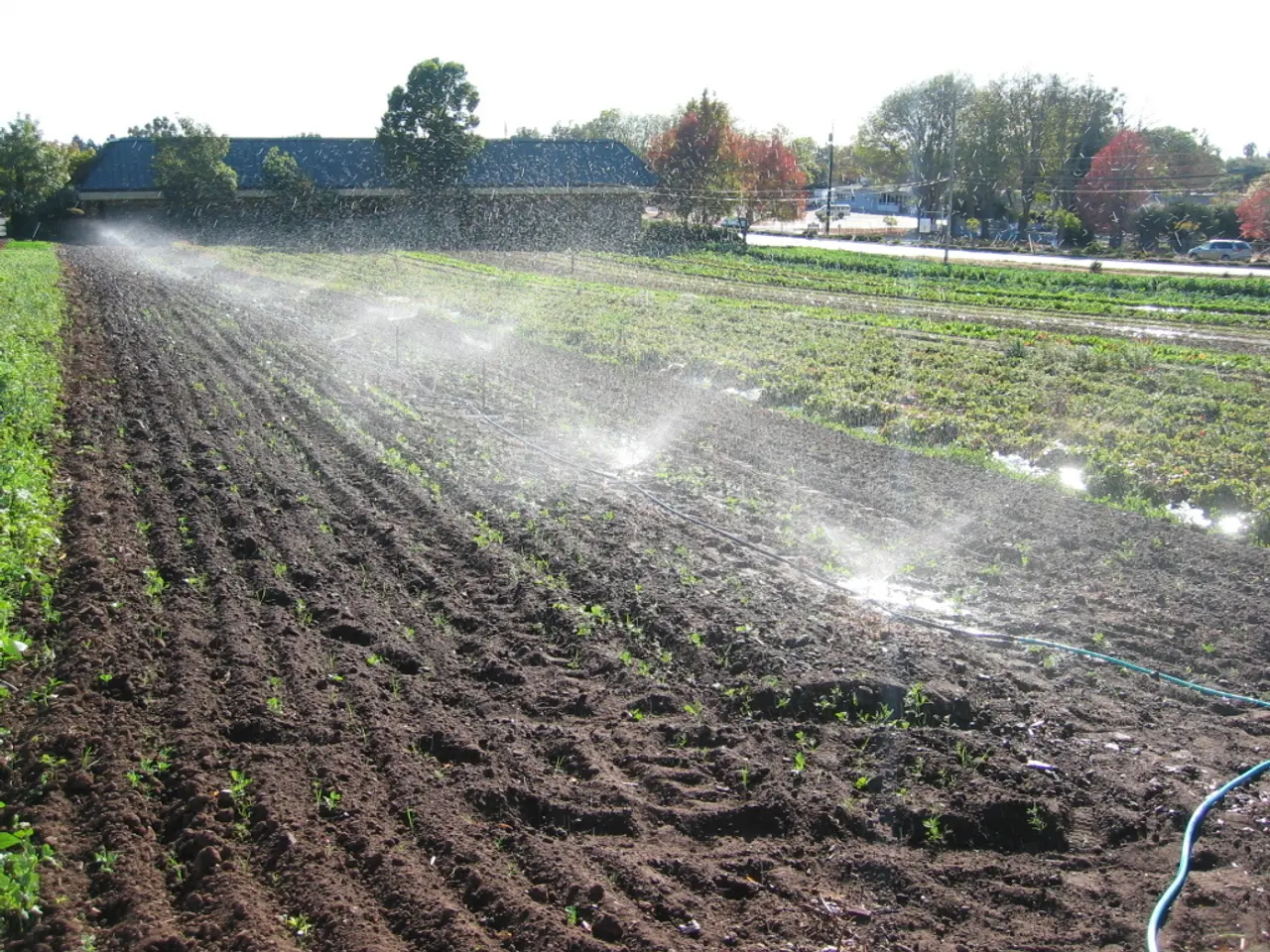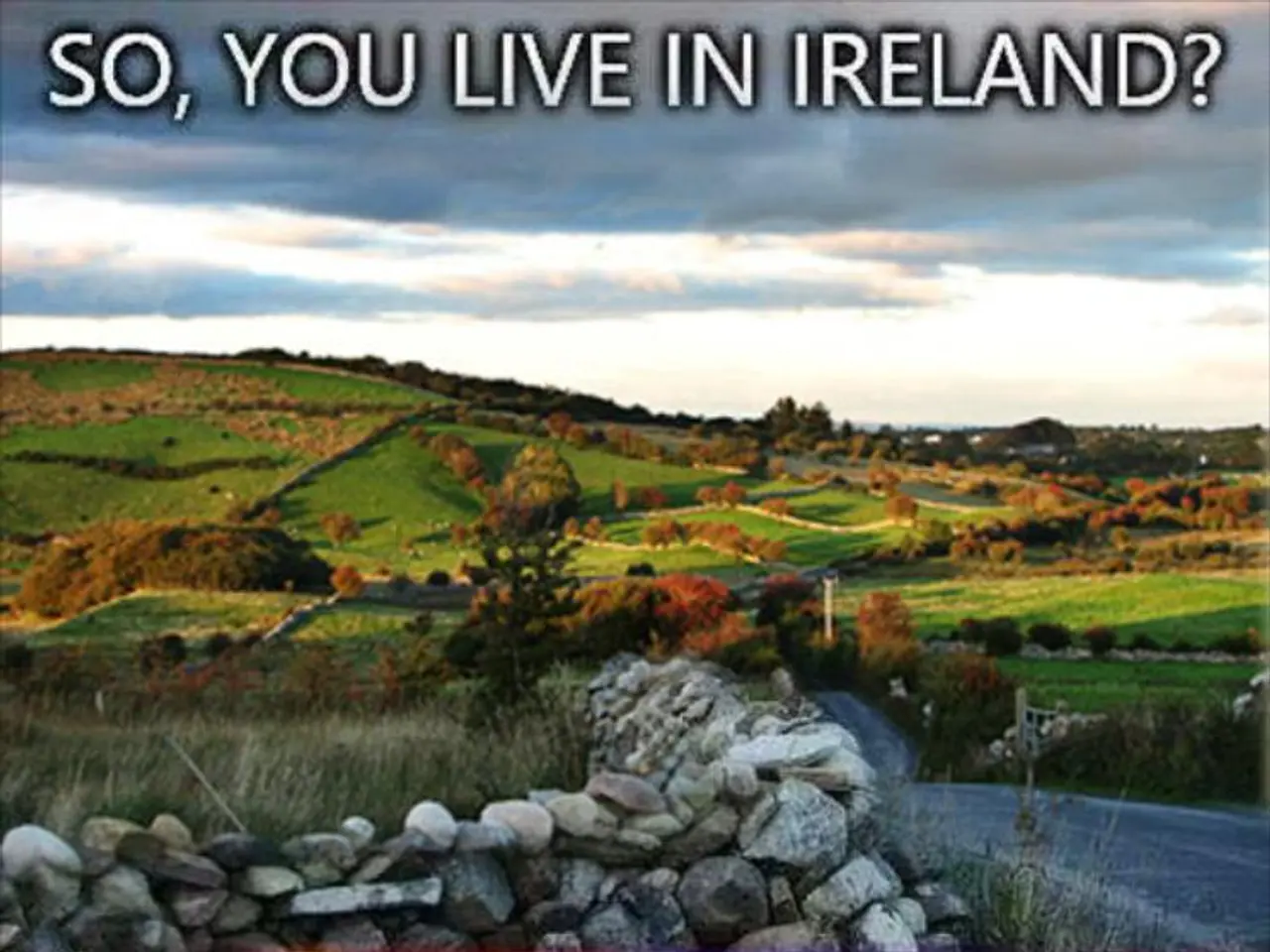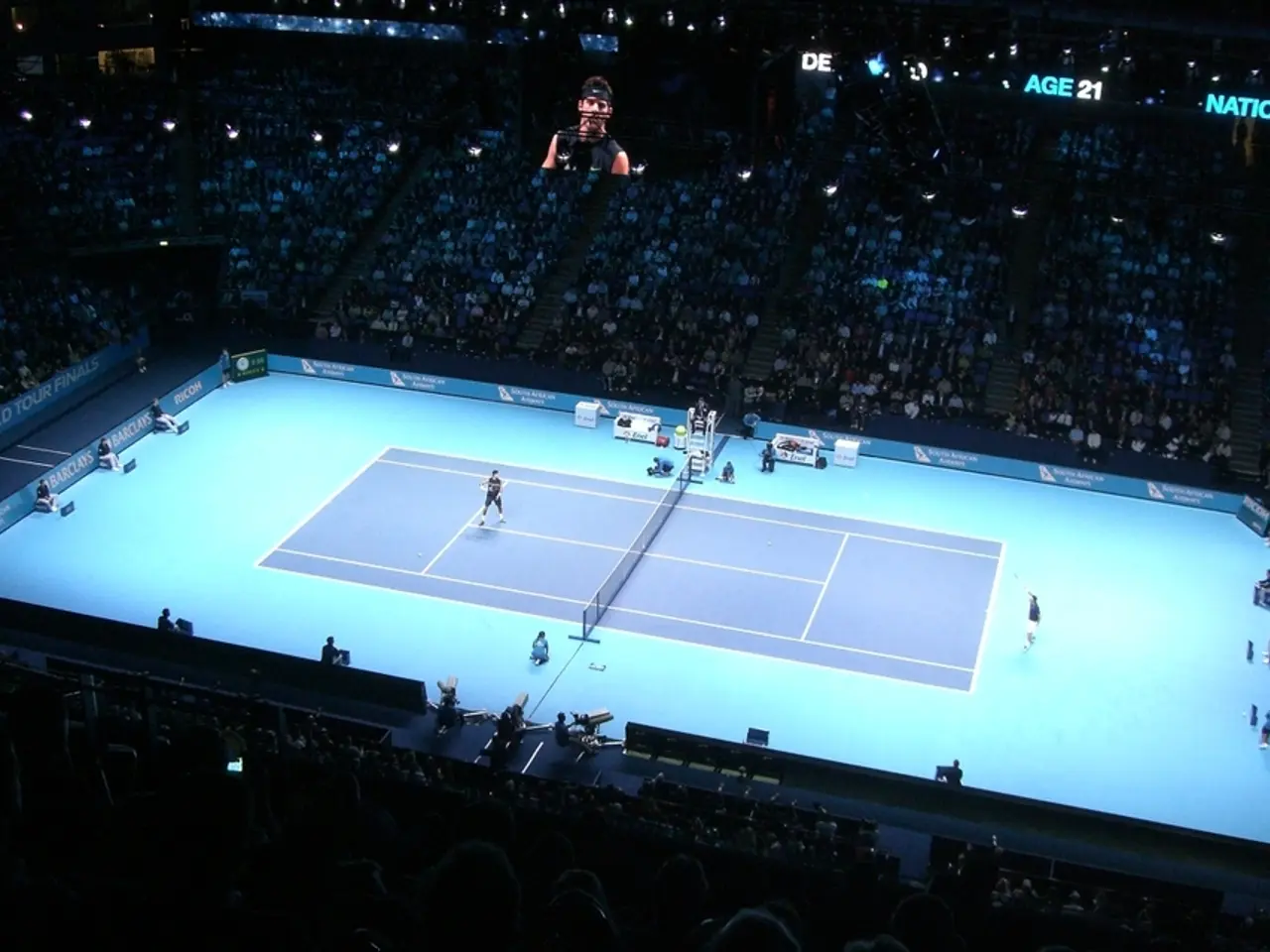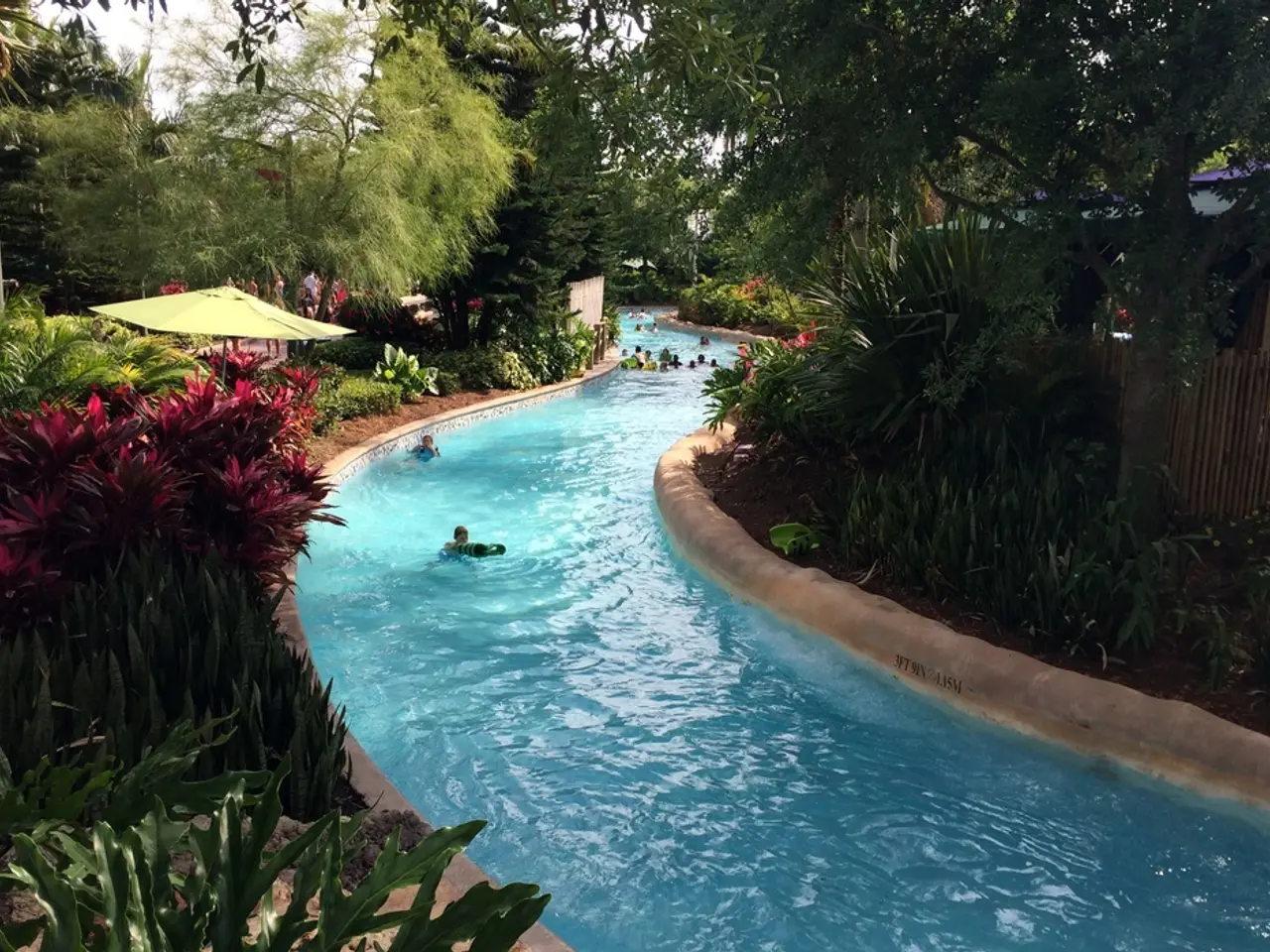Hezbollah leader stands firm against disarmament, citing continuous violations of ceasefire by Israel
In the ongoing standoff between Israel and Lebanon, Hezbollah has reiterated its refusal to disarm, viewing its armed capabilities as crucial for defense against ongoing Israeli aggression and occupation in southern Lebanon.
Recent visits from international figures, such as British Foreign Secretary David Lammy, have intensified the pressure for Hezbollah's disarmament. However, Hezbollah's leader, Naim Qassem, has declared that the militant group will not surrender its weapons. This stance reflects a broader existential security calculus against Israel's military presence and strikes in southern Lebanon.
The conflict that preceded the ceasefire began in October 2023, escalating into full-scale war by September 2024. The fighting claimed more than 4,000 lives, wounded over 17,000, and displaced nearly 1.4 million people, according to official Lebanese data. Despite the ceasefire, Israeli airstrikes continue, with at least 225 people killed and over 500 wounded since the truce took effect.
Israel justifies these ongoing strikes as efforts to prevent Hezbollah from rebuilding its arsenal. This perpetuates violence and undermines peace efforts in the region. The Lebanese state faces a dilemma as it lacks the capacity to compel Hezbollah’s disarmament against broad political and public resistance.
The new Lebanese government's position is fragile, as disarmament plans intersect with sectarian tensions and geopolitical rivalries. Western diplomats warn that intense pressure for disarmament risks cornering Hezbollah into a defensive posture, potentially provoking renewed conflict.
Hezbollah retains strong support among parts of the Shiite community, partly due to its social services. Some proposals suggest a phased disarmament of Hezbollah in exchange for complete Israeli withdrawal and international reconstruction funds for Lebanon. However, Hezbollah and its allies have not accepted these terms, seeing them as concessions that could undermine Lebanon’s sovereignty and security.
The standoff also has geopolitical dimensions. Hezbollah's relationship with its Iranian patron is under strain due to external sanctions and shifting regional dynamics. Iran’s reduced capacity to support Hezbollah financially and militarily may force some tactical recalibrations, but Hezbollah’s resolve to maintain its arsenal remains strong for now.
During the Shiite Muslim commemoration of Ashura, Hezbollah supporters carried banners alongside Lebanese, Palestinian, and Iranian flags, and displayed posters of the slain leader, Nasrallah. U.S. envoy Tom Barrack is expected to arrive in Beirut, with Lebanese authorities set to respond to American demands for Hezbollah's disarmament by year's end.
Qassem insists that Israel must fulfill its obligations under the November ceasefire agreement before Hezbollah would consider disarmament. The Israeli military remains in Lebanon despite the ceasefire terms, and there have been nearly 3,000 reported Israeli ceasefire violations since the truce took effect. The Israeli occupation of strategic border points in southern Lebanon complicates Lebanon's ability to fully assert sovereignty and enforce exclusive control over weapons.
The ongoing tension along the Israel-Lebanon border perpetuates a cycle of violence and poses ongoing challenges for international diplomatic efforts aimed at lasting peace in the region.
- The Lebanese government, amidst geopolitical rivalries and sectarian tensions, faces a challenging dilemma as it grapples with the international pressure for Hezbollah's disarmament, similar to the Turkish government handling the political implications of the presence of armed groups in Syria.
- The ongoing standoff between Israel and Hezbollah in Turkiye bears striking resemblances to the situation in southern Lebanon, with both parties holding onto their weapons as a means of defense against perceived threats.
- The general news surrounding the Middle East is filled with reports of ongoing wars and conflicts, such as the one between Israel and Lebanon, and the role of armed groups like Hezbollah in those conflicts, reminding us of the complex political landscape in countries like Syria.

